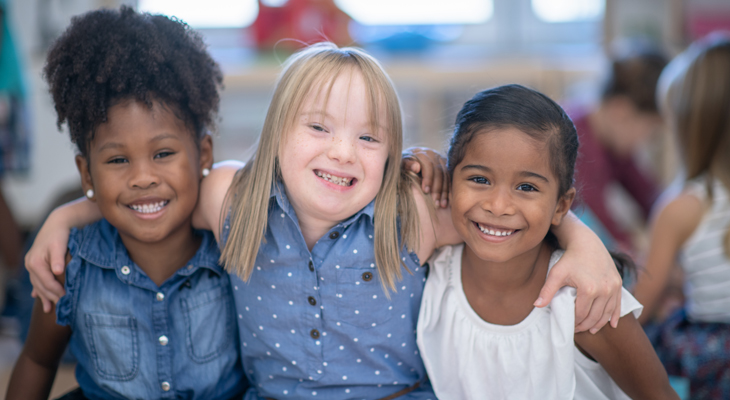
It was a hot July afternoon, and we had just picked up a few of my children’s friends to take to the pool. My youngest daughter with intellectual disabilities was jabbering excitedly in the car, talking about water and goggles and pretzel bites (her favorite snack to get at the concession stand), but because of a speech delay, I was likely the only one who could understand what she was specifically talking about. As we pulled into the parking lot and piled out of the mini-van, my daughter grabbed one of the friend’s hands and continued speaking enthusiastically to her, pointing at the pool and laughing as they walked in.
“I can’t understand anything she’s saying,” the friend said with a nervous laugh to my older daughter. My daughter, who is 7, replied, “She has disabilities. But you can still be friends with her. She makes a really good friend.”
As a mom to a child with global disabilities, I often see both children’s and adult’s discomfort when interacting with people who are different than them. I understand this! It’s natural to feel hesitant when observing behaviors or movements that we’re not used to. There is a concept in sociology called “homophily,” which is a term that describes human beings’ tendency to form friendships with those who are like them. It’s the whole, “birds of a feather, flock together.” Typically research looks at demographic information: geography, social status, age, religion, interest, life experiences, etc. When these are shared, people are more likely to become friends. Look around at your own friendships—I bet you’ll find homophily at play.
Research also tells us it’s important to have diversity in friendships. It’s how we expand our thinking, grow in compassion, and gain a more full perspective of the world. But every, single, time, the research will show that the two people, no matter how different they are from one another, found something they share. Whether it’s the same taste in movies, clothes, or moms who spoke the same type of wisdom, there was always at least one similar thing that created a foundation for the initial friendship.
What’s so wonderful about being a Christian, is that even if we do not share geography, social status, age, religion, interests, or experiences with another person, we can always find sameness with one another. Genesis 1 and 2 tells us every person who walks this earth was made, Imago Dei, in the image of God. That means every person carries the mark of God on them, an inherent shared sameness. That sameness means every person, regardless of interest, status, history, or abilities—has intrinsic dignity, value, and worth.
What my seven-year-old daughter said that day to her friend, is a truth that we all need. When we see the image of God in another human being, we will know there isn’t anyone who is not worthy of our time or attention, because each person is a reminder of our living God. This means, we can become friends with anyone. How can you live that out today?
***
Laura Wifler is the cofounder and executive director of Risen Motherhood, cohost of the podcast, and the coauthor of Risen Motherhood: Gospel Hope for Everyday Moments. She also wrote To the Cross I Cling, an e-bookreflecting on mothering a child with a disability, and the award-winning children’s book Any Time, Any Place, Any Prayer. Laura, her husband, and her three children live in central Iowa. You can find her on Instagram @laurawifler, or at laurawifler.com.
Laura’s new book, Like Me, follows a sibling of a child with a disability as they go through their day. A simple story with an important message, Like Me helps kids recognize the many similarities they share with disabled kids and model a loving and understanding approach to the differences. You can preorder or learn more here. Like Me comes out soon, on January 10, 2023.

Leave a Reply